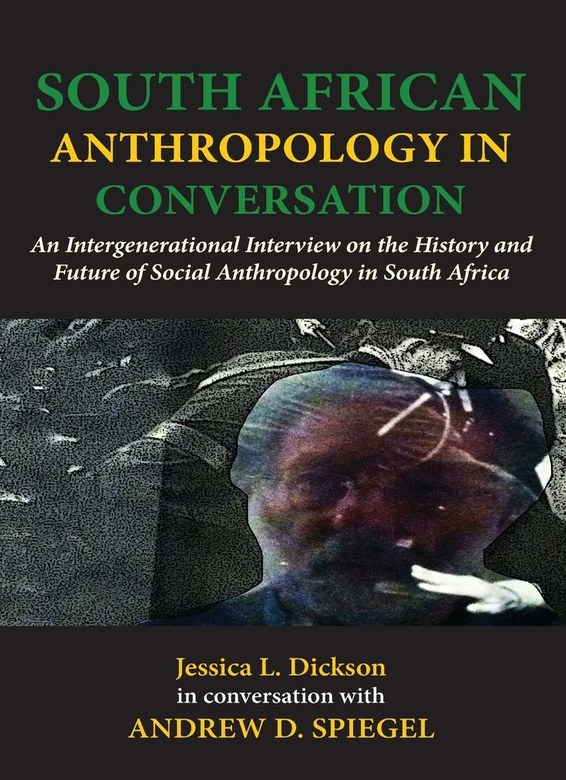written by Jessica L. Dickson and Andrew D. Spiegel
An Intergenerational Interview on the History and Future of Social Anthropology in South Africa
In the 1980s, the University of Cape Town’s social anthropology department was predominantly oriented by an ‘exposé’ style of critical scholarship. The enemy was the apartheid state, the ethical imperative was clear and a combative metaphor for doing research motivated the department. Andrew David Spiegel, known affectionately as ‘Mugsy’ by his students and colleagues, has been a central, if understated, figure of this history and helped to frame the theoretical charge of a generation of students looking to counter apartheid from ‘inside’. In a series of interviews between the senior professor and one of his students – Jessica Dickson – Spiegel offers a unique perspective from the centre of anthropology’s recent history in South Africa.
| ISBN | 9789956792399 |
| Pages | 186 |
| Dimensions | 229 x 152mm |
| Published | 2014 |
| Publisher | Langaa RPCIG, Cameroon |
| Format | Paperback |





3 comments
“This frank and gripping first auto-ethnographic and contextual history of anthropology in South Africa focuses on the decades of struggle and transition since 1970. Mugsy Spiegel speaks from his heart with Jessica Dickson about his socially engaged working life in beautiful, reflexive, conversations. These are testimony to the impact of national politics on academia, Spiegel’s pioneering exposé ethnography, his activism through pedagogy and the rifts between theoretical paradigms. The narratives underline the continuing value of political economic analysis based on critical ethnography, in combination with a deep humanism, as embodied in Spiegel’s journey that was central to the shaping of a socially relevant anthropology at UCT and nationally.”
Kees van der Waal, Professor of Social Anthropology at Stellenbosch University, South Africa.
“Following in the imperative anthropological tradition of auto-critique, ‘Mugsy’ Spiegel’s personal recollections provide meat to the skeleton of previous historical accounts of South African anthropology grappling with its reputation as apartheid’s handmaiden. For the younger generation of anthropologists the book provides interesting backstage insights; for those of us who were there, it is an engrossing tour down memory lane.”
Dr Emile Boonzaier Boonzaier, co-editor, South African Keywords: The uses and abuses of political concepts (1988)
“In 1994 ‘Mugsy’ Spiegel asked fellow anthropologists ‘what do we do now?’ For him it has been more of the same. Tireless writing and research on the problems of South Africa and, what this inspirational volume shows, making them known to the future of world anthropology”
Michael Rowlands, Emeritus Professor of Anthropology and Material Culture, University College London